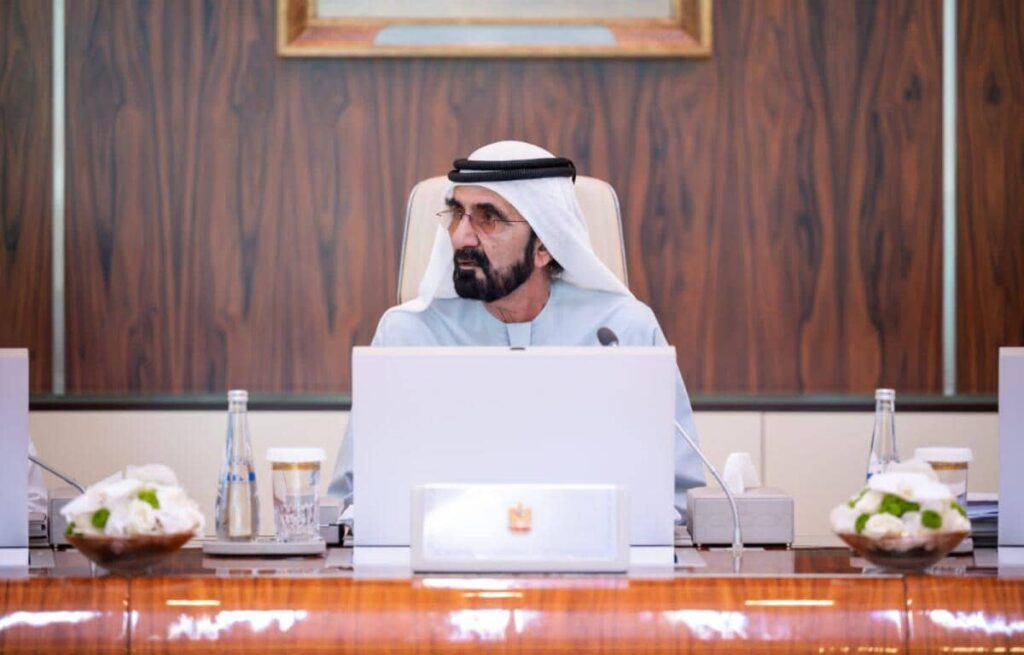For the 12th year in a row, Arab youths continue to rank the UAE as their preferred nation. According to the Arab Youth Survey, the country is the best place to live.
The study was completed by 3,600 young people, ages 18 to 24, who resided in 53 cities across 18 different Middle Eastern and North African nations.
Vice-President and Prime Minister of the UAE and Ruler of Dubai, Sheikh Mohammed bin Rashid Al Maktoum, praised the nation for maintaining its position as the top travel destination for young Arabs. He declared that the UAE will continue to be welcoming and open to all Arabs and would seek to assist them in realizing their aspirations. He added, “Our aspirations are for the entire region to rise to become a land for realizing dreams and creating a great civilization.”
Arab Youth Survey results
According to the study, the UAE was the top pick for where Arab young would most like to live for 24% of them. It was followed by the US (19%), Canada (19%), Qatar (14%), and the UK (13%) in that order.
For the first time in eight years, Qatar made an appearance in the top five most popular nations, thanks to its successful hosting of the 2022 FIFA World Cup.
Additionally, the US was identified as the nation with the most impact on the demography.
The largest survey of its sort that examines the young population in Arab nations is the Arab Young Survey by Asda’a.
The face-to-face interviews for the yearly study were conducted by interviewers from Sixth Factor Consulting, a reputable research firm, under the direction of Asda’a BCW, a PR firm.
The UAE ranked first in 156 global competitiveness metrics in 2022 and is among the top 10 nations in 432 international indicators. The UAE excels in a number of crucial categories, including education, the environment, climate change, security and safety, cybersecurity, infrastructure, regulatory flexibility, prosperity, and governance, according to these indicators, which make up 30% of such worldwide indicators.
